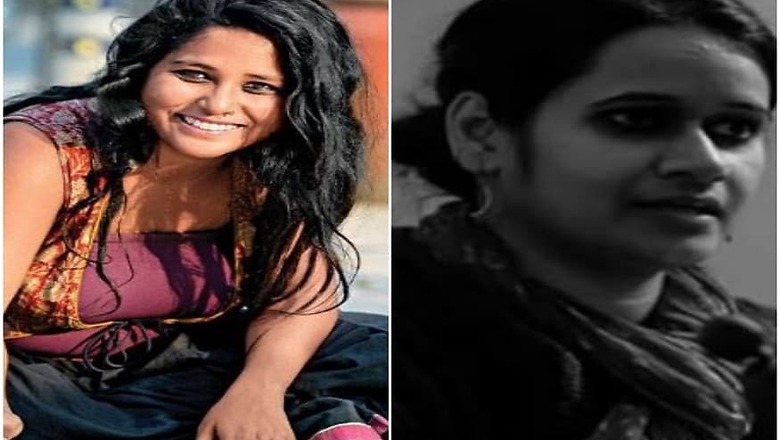
views
A Delhi court on Thursday sent two women associated with Pinjra Tod' group, a collective of women students and alumni of colleges from across Delhi, to judicial custody for 14 days in a case related to communal violence in north east Delhi.
Pinjra Tod (Break the Cage) was founded in 2015 with an aim to make hostels and paying guest accommodations less restrictive for women students.
In 2015, Jamia Millia Islamia University had issued a notice restricting female students to stay out after 8 pm.
When the Delhi Commission for Women (DCW) questioned the Jamia administration on it, a group of women students decided to protest against the restrictions not only in Jamia but other universities in Delhi. Later named as Pinjra Tod, the group mobilised people around several issues faced by female residents of hostels and PGs.
JNU students Natasha Narwal and Devangana Kalita, associated with Pinjra Tod, were sent to judicial custody by Metropolitan Magistrate Kapil Kumar after the police said their further custody was not required for the investigation.
They are currently lodged in Mandoli jail here. Police had earlier told the court that their custodial interrogation was required to unearth the conspiracy behind the case and identify other accused in the case.
Advocate Adit S Pujari, appearing for the women, had told the court that the women were arrested in the case with a "malafide" intent.
They were arrested last Saturday in connection with a protest against the Citizenship Amendment Act in Jaffrabad area in February. On Sunday, they were granted bail by the court in the case.
Moments after the judge passed the order, the Crime Branch of the Delhi police had moved an application seeking to interrogate them and formally arrested them in a separate case related to the violence.
They had sought 14 days custody of the accused. The court had sent them to police custody for two days saying the investigation was at its initial stage.
The case, in which they were arrested on Saturday, was registered under sections 147 (rioting), 186 (obstructing public servant in discharge of public functions), 188 (disobedience of order by public servant), 283 (danger or obstruction in public way), 109 (abetment), 341 (wrongful restraint), 353 (assault or criminal force to deter public servant from discharge of his duty) of the Indian Penal Code.
The case in which they were arrested on Sunday was registered under section 147 (rioting), 149 (unlawful assembly), 353 (assault or criminal force to deter public servant from discharge of his duty), 283 (danger or obstruction in public way), 323 (voluntarily causing hurt), 332 (causing hurt to deter public servant from his duty), 307 (attempt to murder), 302 (murder), 427, 120-B (criminal conspiracy), 188 (disobedience of public servant's order) of IPC, relevant sections of the Arms Act and Prevention of Damage to Public Property Act.
Communal clashes had broken out in northeast Delhi on February 24 after violence between citizenship law supporters and protesters spiralled out of control leaving at least 53 people dead and around 200 injured.


















Comments
0 comment